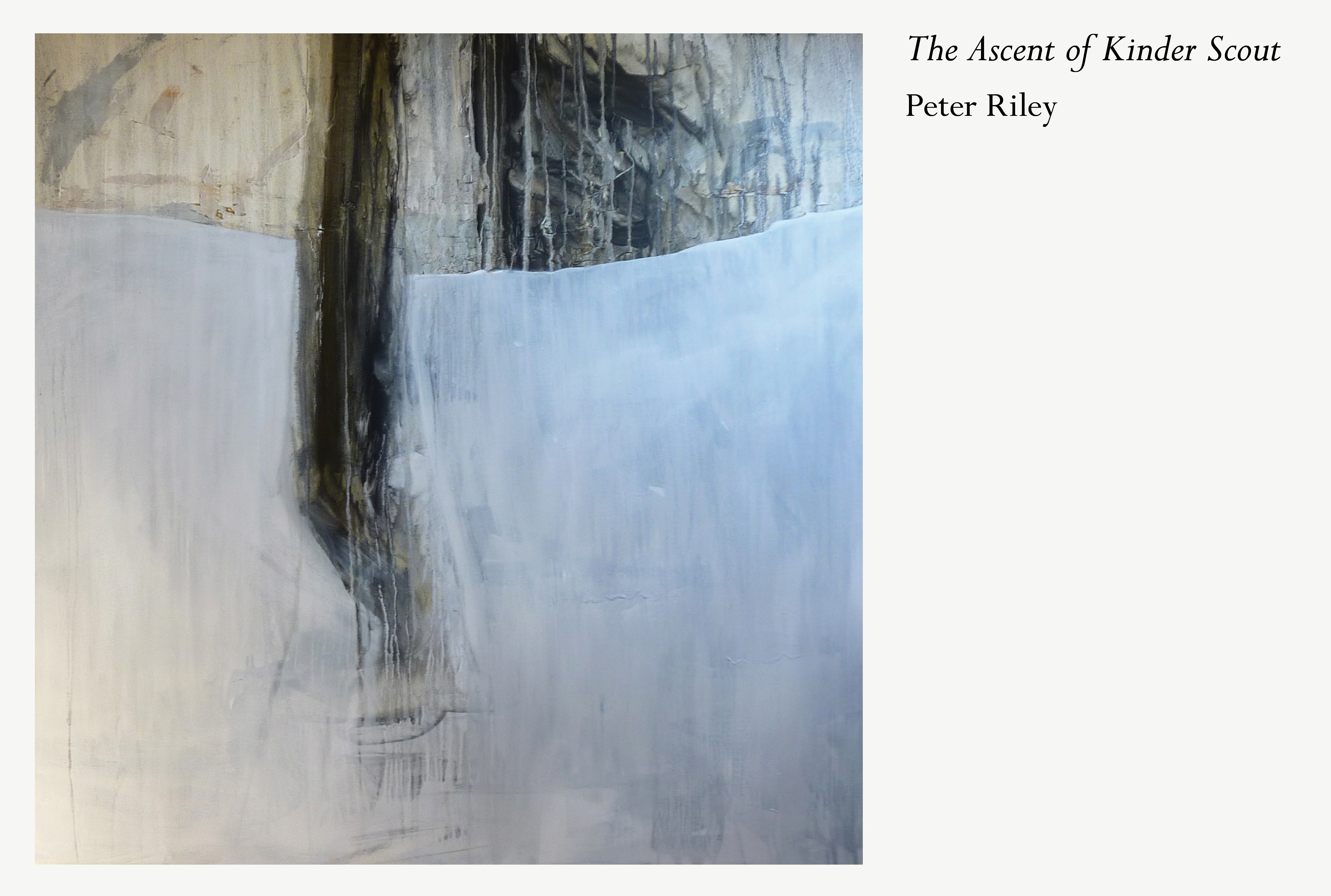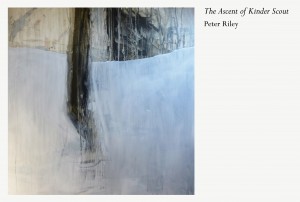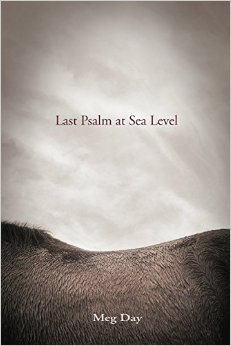The Ascent of Kinder Scout by Peter Riley
-Reviewed by David Clarke–
It seems to me that there is a history yet to be written about the relationship between English poetry and walking. True, we have Rebecca Solint’s (notably non Anglo-centric) cultural history of walking, Wanderlust. But English poets are so often explorers of the landscape on foot, and write about that exploration so much more often than poets from any other culture I am aware of that the subject seems to demand wider consideration. There may be entirely practical reasons for this phenomenon. English landscapes, even at their most rugged, remain relatively gentle – it is not, after all, a mountainous country, and no walker has to be at the peak of fitness or kitted out with ropes and crampons to seek out the remoter places. Not for nothing did the English invent that pastime referred to as ‘rambling’. Yet, for a literary culture which has always been preoccupied with issues of class, the English countryside also reveals itself to be a political landscape, onto which the interests of power and the struggles of the powerless are projected. So, for instance, we can think of John Clare’s lament for the loss of common lands in his poems about the enclosures, or that encounter with a hostile game-keeper which, according to Matthew Hollis’ account, had such an effect on Edward Thomas, perhaps the archetypal English poet-walker.
Walking is also a key preoccupation of Peter Riley, a prolific writer who has been active since the 1960s. Associated with the Cambridge poets and the revival of interest in modernism in the 1960s and 1970s (he was co-editor of the journal The English Intelligencer, for example), Riley’s work is often produced in response to specific landscapes, such as Alstonefield in Derbyshire (subject of a long poem published by Carcanet in 2003). While English scenes predominate, he has also written work in response to stays in Greece (Greek Passages, 2009) and Switzerland, as in the title poem of his last Carcanet collection, The Glacial Stairway (2011). The poem contained in his latest pamphlet from Longbarrow, The Ascent of Kinder Scout, is constructed in a way which will be familiar particularly to readers of Alstonefield and ‘The Glacial Stairway’, in that the journey in question, in this case a walk up Kinder Scout in the Derbyshire Peak District, provides a frame in which history, politics, aesthetics, music and mortality (among other themes) can be explored and interrelated. This text is constructed largely from four-line paragraphs of prose poetry, but these at one point give way to stanzas of free verse which disperse across the page. The poem’s movement from theme to theme is loosely associative, and at times the language is shot through with memories of old songs (‘Goodnight, Irene’, for example) and other cultural fragments. The overall effect, although artfully organised, gives a convincing impression of what is going on inside the poet’s head as he progresses up to the misty peak. Despite the wide range of issues addressed, there is no linear development of argument as such, and yet the swirling of ideas, snatches of half-remembered phrases and memories of past climbs (specifically one Riley undertook as a schoolboy) draw the reader on, simultaneously managing to be both disorienting and compelling. The experience as a whole is not unlike walking in the clouded landscape of the Peak District itself, where moments of illumination emerge sporadically.
At the centre of the journey described in the poem, however, is a return to the site of the mass trespass on the titular peak in April 1932, which takes on personal meaning for Riley in relation to his visit there as a schoolboy around two decades later, but also a wider significance in terms of contemporary politics and society. Riley’s approach here is psychogeographic in a sense familiar, for example, from Ian Sinclair’s work, where the exploration of landscape is undertaken to uncover lost traditions or forgotten historical possibilities at odds with the current status quo. As Riley puts it
There’s a kind of line, of light, of thought, a thought line, which cuts through false histories and comes towards us from the devastated zones. Where it gets to the British hills it twirls round a stem, if it can find one. Gravel, boulders, and dark banks of exposed peat. And always the experience wrapped in the line is that of the work force.
This ‘work force’ can be understood in a number of senses: for example, it is the force of the poetic work, perhaps, or the ‘work force’ which was once the industrialised working class. Its representatives once claimed Kinder Scout as their birthright, but their ‘patrimony’ now lies ‘unclaimed’ to the north, as Riley observes. Despite the prose form, Riley’s language here and throughout is characterised by a metaphorical openness which demands significant engagement from the reader in their navigation of the textual landscape the poet has created, yet that openness is also a richness which provokes creative and associative thought of the very kind from which the poem itself is woven. The reader journeys through the poem much as the poet moves in thought across the Peak District landscape, but Riley is clearly keen not to restrict his readers to a pre-determined track of association and imagination.
Riley’s poem, which is actually a section of a projected longer work provisionally entitled North, is presented here by Longbarrow Press in a beautifully understated pamphlet design. The text is given the space to breathe on good quality paper, and the cover features two arrestingly executed abstract landscapes by Paul Evans. Purchasers may well feel tempted to have it framed after reading, in anticipation that they will be able to enjoy the fully realised project elsewhere in due course. As presented here, however, The Ascent of Kinder Scout stands alone as a satisfying prose poetry sequence which also serves as a useful introduction to this still too little known poet.






A very engaging review – but I have to take exception (with good :) humour). ‘English landscapes, even at their most rugged, remain relatively gentle … ‘ English landscapes can be ferocious! As well as rambling literature, there is also a strong tradition of mountain literature in Britain and England … and the intricately rugged English Lakes holds many ‘remoter places’ that do indeed require ropes … and in winter … when we get cold ones … Lakeland mountains certainly require crampons … and as for Kinder, or say Bleaklow … if you attempt to ‘ramble’ across those in winter conditions you can quite easily find the ‘undiscovered country’!
However, all is forgiven after words like these: “The experience as a whole is not unlike walking in the clouded landscape of the Peak District itself, where moments of illumination emerge sporadically.” :)